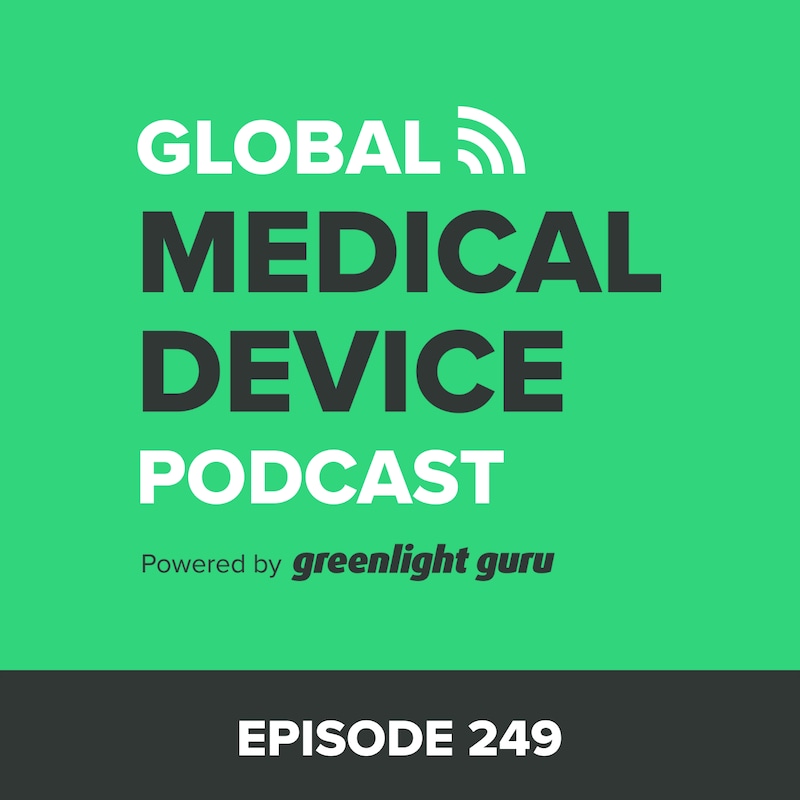When developing a product in the medical device space, how does intellectual property (IP) protection work in the private sector versus at an academic institution, like a university? When is a patent needed and when is it not?
In this episode of the Global Medical Device Podcast Jon Speer and Etienne Nichols talk to Neil Thompson, Kevin Buckley, and Stephanie Willerth about intellectual property and why it's important to understand the difference between inventorship and ownership.
Some of the highlights of this episode include:
- At a university, Stephanie describes the process that professors and students follow when they have an idea. Before they publish it, if they think they have something novel and meets the definition for a patent, they file a disclosure.
- In the private sector, Kevin describes the publishing, patent, and funding process as being very different. To patent a trade secret, it must be incredibly robust and support a very valuable program. Funding for commercial entities or for-profit companies does not include grant monies.
- On the university side, there is no equivalent to a trade secret but the know-how in the quest to do research and common sense in licensing agreements. There’s no protection for know-how and only royalties are paid related to patents and in countries where patents are enforced.
- Roles associated with an IP differ depending on the school and its policies and licensing terms. Restrictive conditions are put on IP and licenses because they know they will be negotiated, applied, and sold.
Memorable quotes from this episode:
“Do we keep this trade secret or do we patent it? If we’re going to patent it, this better be incredibly robust and it better support some commercial embodiment, some very valuable program. Otherwise, there is no publication.” Kevin Buckley
“Some companies do not want their secret sauce—how they’re making a drug, what the drug is—eventually, drugs will be disclosed and basically hidden in a patent application until they go into clinical trials. When the drug is published.” Kevin Buckley
“If all you have is trade secrets and you don’t have any patents, you’re not going to be seen as valuable.” Neil Thompson
“There’s a big difference between inventorship and ownership.” Kevin Buckley
“It’s a lot different if you make something in your garage or if you spend five years making it in your research lab.” Stephanie Willerth
Links:
Patent Cooperation Treaty (PCT)
Creative Destruction Lab (CDL)
Stephanie Willerth on LinkedIn
Neil Thompson
Kevin Buckley
The Greenlight Guru True Quality Virtual Summit
Greenlight Guru YouTube Channel
MedTech True Quality Stories Podcast
Greenlight Guru




